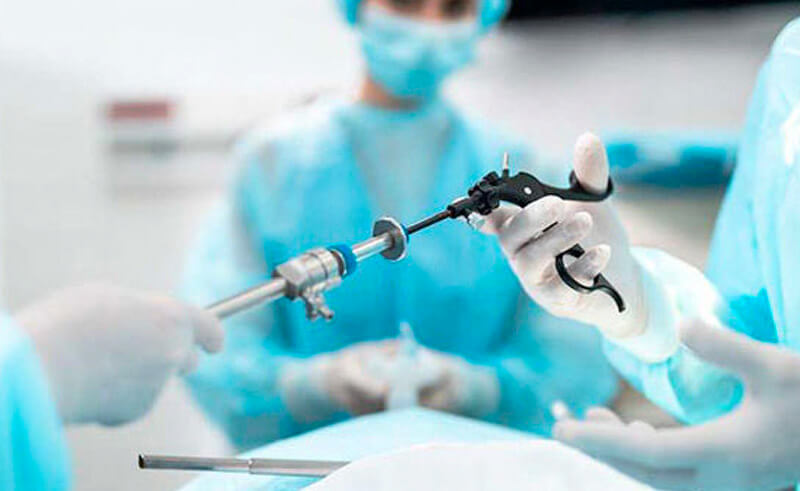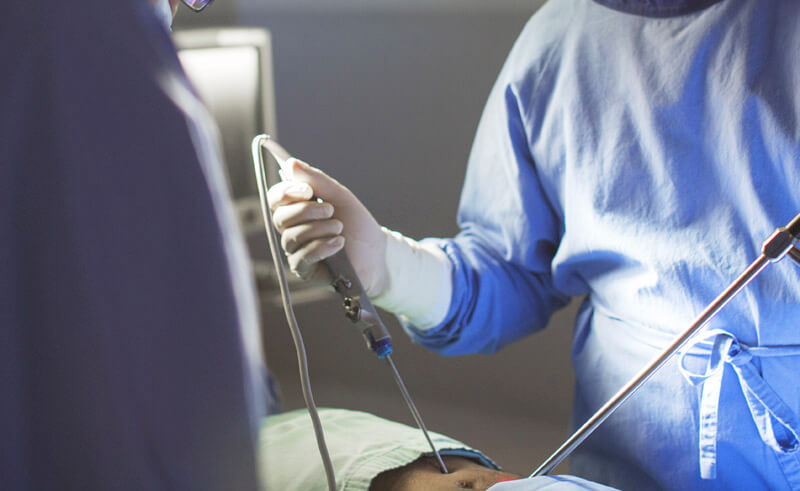Diagnostic Laparoscopy Procedure & Surgery in Littleton, CO
Your reproductive organs are very important to the creation of life, but they can also pose severe threats to your body. When you experience serious complications, like excessive bleeding or pain, it can be difficult to understand where the pain is coming from. We at Littleton Gynecology and Wellness provide diagnostic laparoscopy procedures to try and find the source of the problem in a minimally invasive way.
Laparoscopy Procedure in Littleton
A laparoscopy is a surgery that uses a laparoscope, or long, thin camera with a light, inserted into your abdominal area to try and discover sources of pain and discomfort. When incisions are made in the abdomen, gas is pumped into the stomach area to make it easier to see all the organs. As the surgeon moves the laparoscope, they can see inside the abdomen without having to do open surgery. Our Littleton Gynecology and Wellness providers recommend this laparoscopy procedure when there are unidentified sources of pain in your abdominal area.
Diagnostic Surgery
A diagnostic laparoscopy procedure is not typically the first thing we recommend for identifying problems, but it is an effective tool for finding the source of an issue when nothing else works. Ultrasounds, MRI scans, and CT scans are also effective methods of providing body imaging for diagnosis. However, only laparoscopy gets inside the body to see up close how things look by way of diagnostic surgery. If this procedure would work best in your case, our Littleton providers can get it taken care of.
Gynecological Surgery in Littleton
Laparoscopic surgery can be done to examine all the abdominal organs, including the reproductive ones. The surgeon can observe the organs, if there are masses or tumors, how certain treatments are working, and how far a particular cancer has progressed. Gynecological surgeries can also be done via laparoscopy, like hysterectomies, ovarian cyst removals, tubal ligation, and more. Laparoscopic procedures are convenient because they are minimally invasive, give the doctor more information, and have short recovery times.



